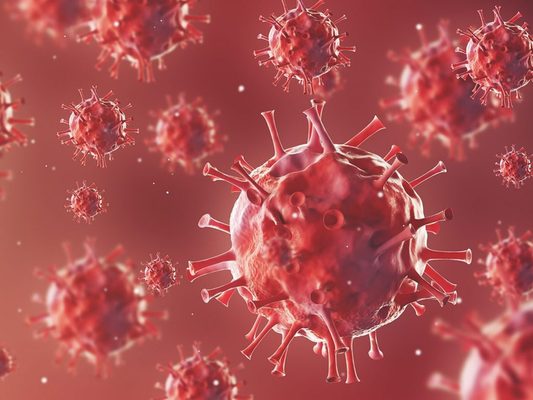
The Secretary of the U.S. Department of Health and Human Services (HHS) has issued a limited waiver of HIPAA sanctions and penalties due to the nationwide public health emergency caused by COVID-19.
The waiver became effective on March 15, 2020 in response to President Trump’s declaration of a nationwide emergency concerning COVID-19, and the Secretary of HHS Alex Azar’s earlier declaration of public health emergency on January 31, 2020.
The waiver gives a covered hospital some relief if it does not comply with the following provisions of the HIPAA Privacy Rule:
Of note is the waiver only applies under three conditions:
SEE RELATED: Nizhoni Health uses Paubox platform to communicate COVID-19 updates
The purpose of enacting the waiver is to make sure the Privacy Rule does not prohibit the sharing of protected health information during disasters to assist patients and make sure they get the care they require. That includes sharing some health information with friends, family members and other individuals directly involved in a patient’s care.
There has been recent precedent of the limited waiver being used in similar emergency situations for Puerto Rico Earthquakes and for Tropical Storm Barry.
The original version of this page was published at: https://www.paubox.com/blog/hhs-declares-limited-waiver-of-hipaa-sanctions-due-to-covid-19
Paubox Marketing is an email marketing platform built for healthcare. Our solution allows healthcare organizations to securely send PHI in marketing emails to drive more engagement and grow busines... Read more
The HIPAA Privacy Rule regulates how patients’ protected health information (PHI) can be used for marketing. In general, HIPAA requires written authorization before a covered ...read more
On May 12, the U.S. Department of Homeland Security Cybersecurity Infrastructure Security Agency (CISA) and the Federal Bureau of Investigations (FBI) released a joint alert on the ...read more
According to the 2019 Adobe Email Usage Study, Americans spend more than 3 hours a day checking work email and more than two hours a day checking personal email. The return on ...read more
In 2003, Congress enacted the Controlling the Assault of Non-Solicited Pornography and Marketing (CAN-SPAM Act) to set a national standard for the regulation of unsolicited and unwanted ...read more